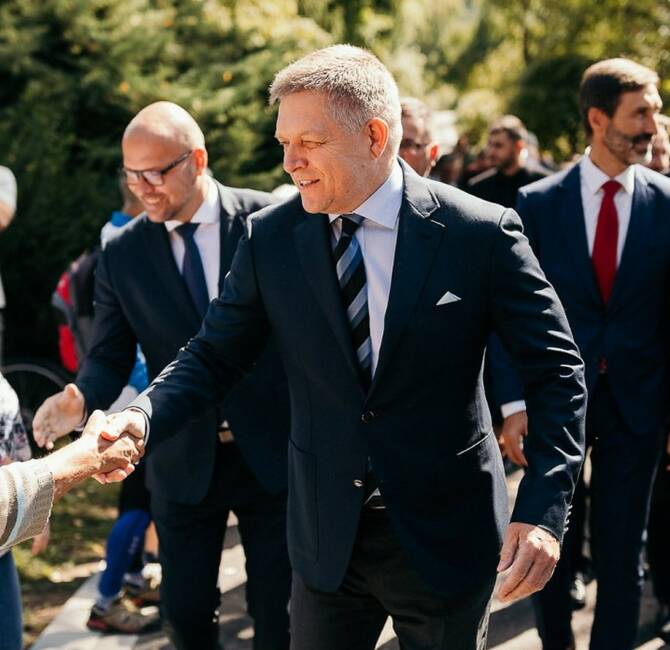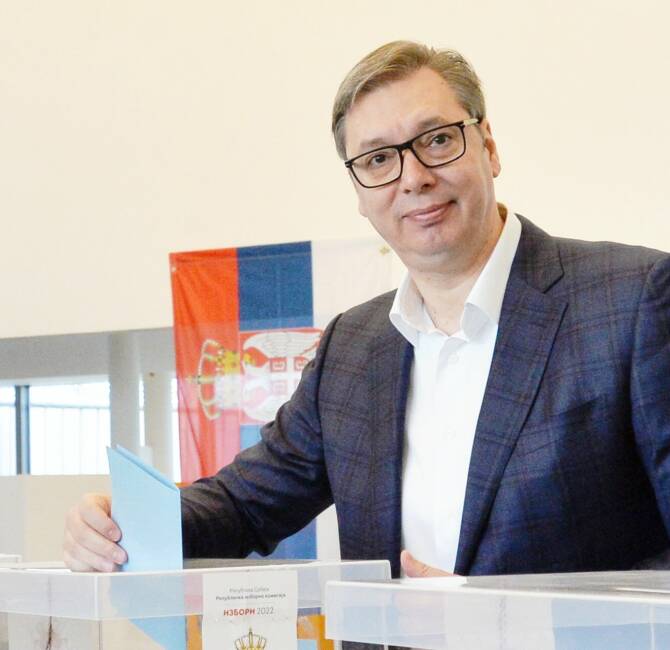Romania/Croatia – As public health measures intensify in Western Europe and in some Central European countries, two Balkan countries – Romania and Croatia – seem to have decided to go the opposite way.
“I’m not a fan of discrimination”
Asked on Saturday 30 August about the possible introduction of Covid passports, Romanian Prime Minister Florin Cîțu – quoted by Romanian news websites Universul.net and Mediafax – answered:
“I’m not a fan of discrimination […]. I’m not in favour of the vaccinated and the unvaccinated going to the shopping centre separately. The shopping centres were open last year when we didn’t have the vaccine […]. It would be hilarious and ridiculous to shut them down now when we have this solution.”
For his part, Croatian Health Minister Vili Beroš – quoted by Dvenik and Horvátországinfó – considers lifting of the measures to be possible:
“This is one of the possibilities […], we have 1,600,000 citizens who have been vaccinated and I personally think the burden on the system is going to be lighter.
[…] Over the past year, we have found that we have at our disposal the two best elements to fight this disease: vaccination and compliance with the general measures against the epidemic.”
Anti-Covid measures lightened in Romania
Romania has already seriously scaled back all its measures to combat Covid. On 6 July, the head of the National Vaccination Committee, Valeriu Gheorghiță, stated:
“We have re-evaluated the effectiveness of fixed vaccination centres. Approximately 80% of the fixed vaccination centres use less than 25% of the allocated vaccination capacity.”
As a result, Romania has closed 117 of its vaccination centres, which amounts to close to a quarter of the total. On 1 July, the Irish daily The Irish Times reported that Romania had “halted the import of most Covid-19 vaccines after a slowdown in its inoculation drive prompted the government to sell more than a million doses to Denmark”, adding: “About 24 per cent of Romania’s 19 million residents have been fully inoculated, but the rollout has faltered in the provinces of the largely rural country.” As early as 25 June, Romania-Insider had reported that Romania was likely to
“begin destroying some of the anti-Covid vaccines […] that were about to expire, while public interest in vaccination has considerably decreased.”
Bucharest gets rid of its vaccine stocks
Romania has in fact started getting rid of its vaccine stocks. On 24 August, Irish Senator Gerry Horkan (Fianna Fáil) wrote on Twitter about the delivery to Ireland of 700,000 doses of Covid vaccine from Romania. On 25 August, the Director General of the International Organisations Department of the Vietnamese Ministry of Foreign Affairs, Ðô Hùng Viêt, thanked Romania for the delivery of 300,000 doses of vaccines, while on 20 August, Romania-Insider announced that Romania was offering 450,000 Moderna vaccines to South Korea, and donating “1.3 million AstraZeneca vaccines to Tunisia, Egypt, Albania and Vietnam”. In the previous month, Romania had already “donated another 100,000 vaccines produced by AstraZeneca and Pfizer to Moldova and Georgia.”




